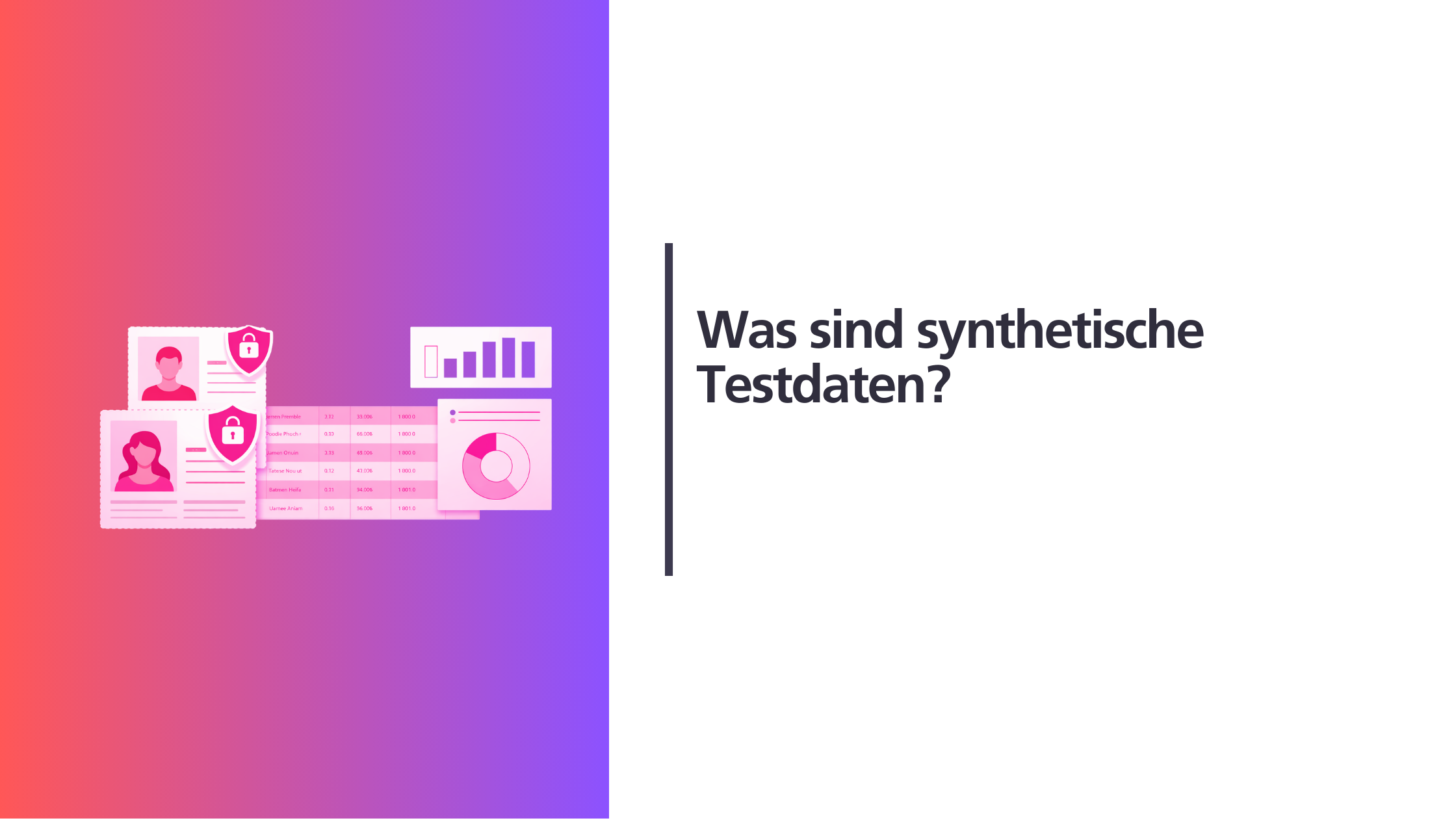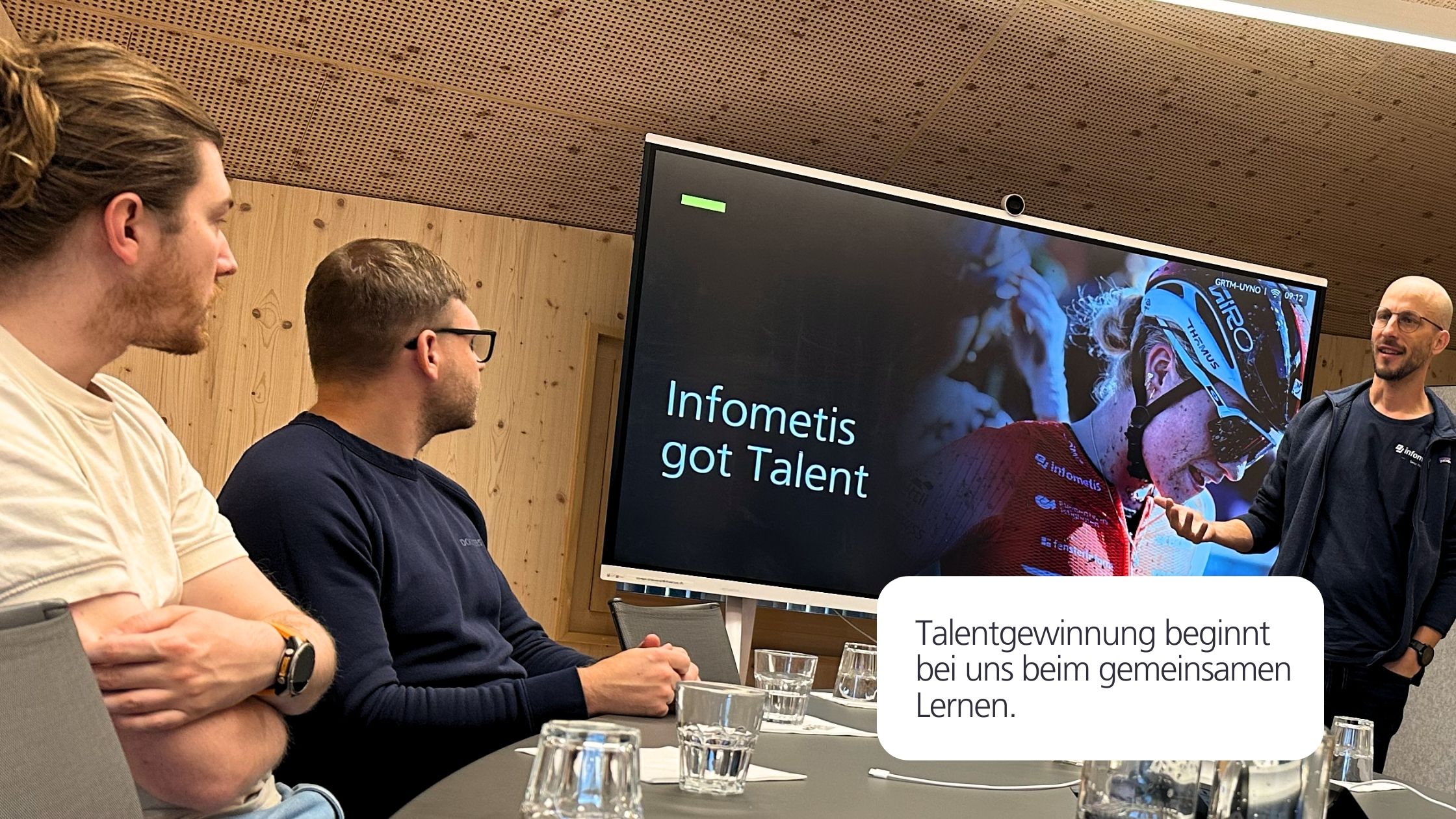
In the field of test automation, we often use one or only a few tools more intensively than others. By applying these tools we acquire increasing knowledge about their use in specific situations. Over time we become experts in the application of a certain test automation tool or framework. That is fine and facilitates our daily work; it increases our productivity and makes our clients happy. However, there is more!
You can learn how to approach new situations
By taking a general course in test automation you often have the opportunity to consider which testing strategy might be the most appropriate for a specific situation. You have to explore that in different ways and by your own experience; you cannot just learn about it by attending a lecture or by reading relevant literature. In that way, you uncover your latent knowledge to find a good solution. Therefore, you highly benefit from examining a particular way to resolve a question and by implementing your chosen strategy. Thus, you learn more about ups and downs of a specific approach – profound knowledge will remain longer in your memory.
Are you ready to challenge your current knowledge?
On the other hand, you practise thinking generally about software testing. You learn about new approaches to specific problems or come across useful patterns in order to cope with many different situations. You can gain experience in software testing by tackling areas not just relevant to the usually applied tools. This broadens your horizon on software testing in general and the use of test automation. Challenge your existing knowledge in this respect and check if you can expand your general skills. By expanding your product-independent knowledge, you will also increase your chances when looking for new jobs or project deployments.
Practising communication skills and gathering new ideas
And last but not least, you train your communication skills by discussing a topic or some aspect of it in a small group and presenting the findings and insights of your group work to the whole group. For us software testers, precise communication is one of the key skills in our daily work.
Further, the exchange with other participants will provide you with a lot of hints on other useful tools or you gather new ideas on coping with particular circumstances. Thus, you even gain new knowledge that exceeds the actual content of the course announcement. If you have the chance to teach e.g. your teammates some aspects of test automation, it is always an advantage to know more than just the core areas of a subject.
A selection of general training courses in test automation
Two examples of such training courses I have taken myself are the following ones: In order to improve my skills in agile testing I took the course “Holistic Testing” – developed by Janet Gregory and Lisa Crispin and provided by Infometis. Theoretical explanations as well as hands-on exercises are used to cover this vast subject. Apart from expanding my general perspective on agile testing and the importance of team work I was able to benefit e.g. from the more specific understanding of using appropriate tools suited to particular tasks.
Recently I attended the training course “Automation in Testing” given by Mark Winteringham and Richard Bradshaw and hosted by House of Test – this time virtually due to the current pandemic situation. You learn their specific mindset and strategic approach to effectively support and advocate activities in testing. You will pick up useful methods for creating valuable test automation, always with a human-centric focus. On the whole, you get to know really invaluable instruments you can easily apply to your daily testing work in order to promote test automation.
General courses in software testing not specifically related to test automation
At Infometis we also offer training in the form of multi-day courses designed by ISTQB (International Software Testing Qualifications Board), e.g. the fundamental “Certified Tester Foundation Level” or “Certified Tester Advanced Level – Test Manager” or in the agile field the three-day course “Practitioner in Agile Quality” (PAQ) designed by iSQI.
On another level, you can also improve your practical testing skills by completing a course offered by the Ministry of Testing. Or you can enrol on a more extensive course of the “Association for Software Testing”.
Also, if you are looking for a comprehensive training on an academic level related to practical experience, I warmly recommend you from my own experience to enrol on the “CAS Software Testing”, an advanced training course in Rapperswil at OST (Eastern Switzerland University of Applied Sciences). This further education lasts about seven months and gives you a comprehensive overview in all the relevant fields of software testing, always accompanied and amplified by practical exercises. Apart from improving your knowledge, establishing new contacts is one of the greatest advantages of this advanced training.
Conclusion
To sum up, in the above presentation I have highlighted some of the most important advantages of general training in test automation. There are plenty of opportunities we can take to advance our profession in this way. By contributing more knowledge and broadening our relevant skills we benefit from a wider approach in our daily testing activities and make our clients even happier.


.png)








